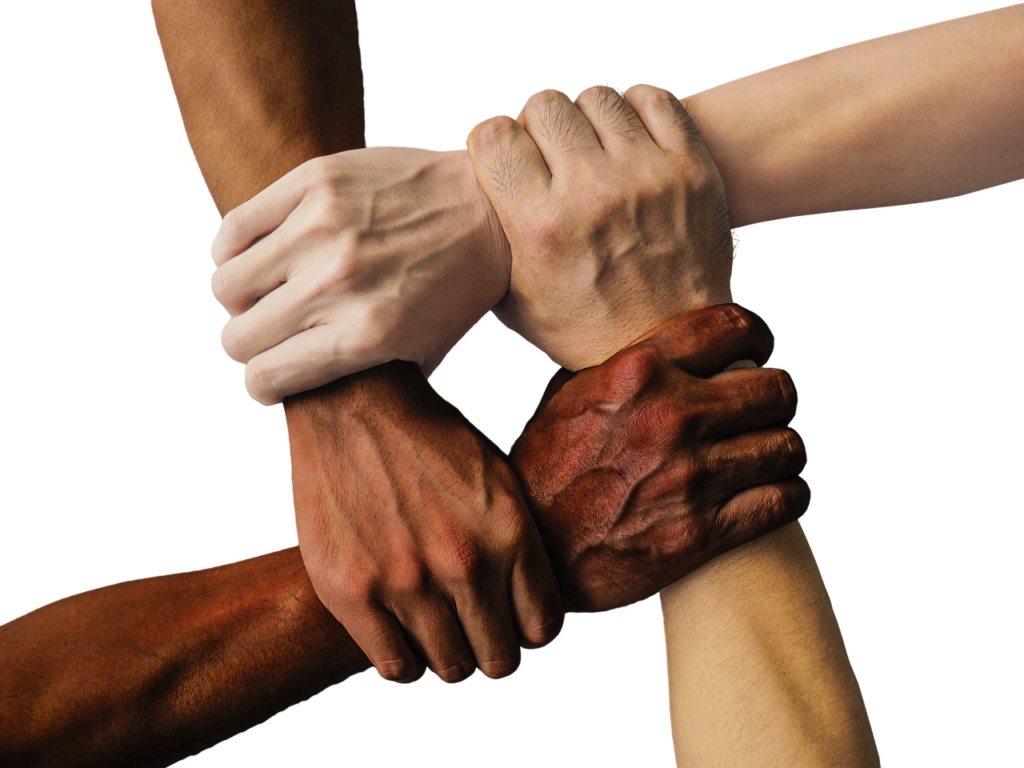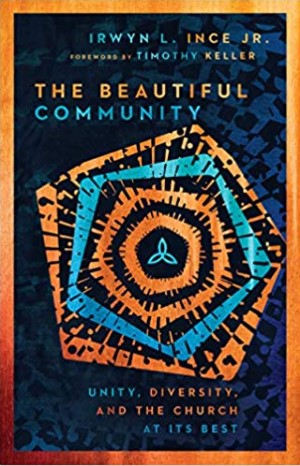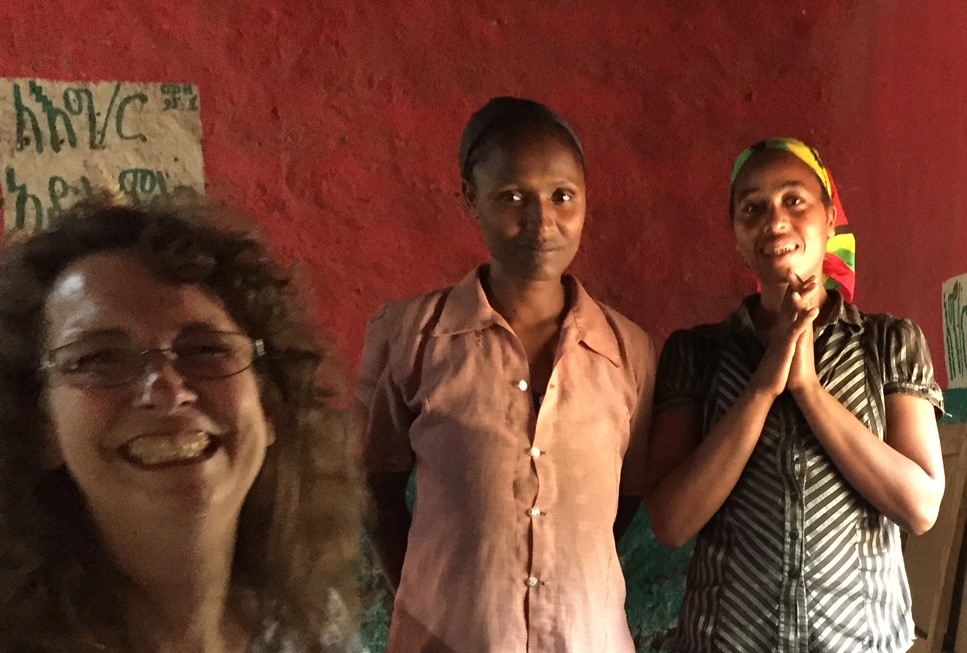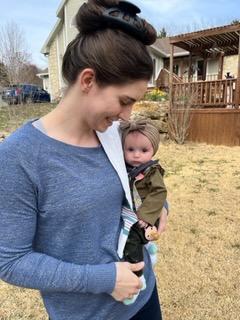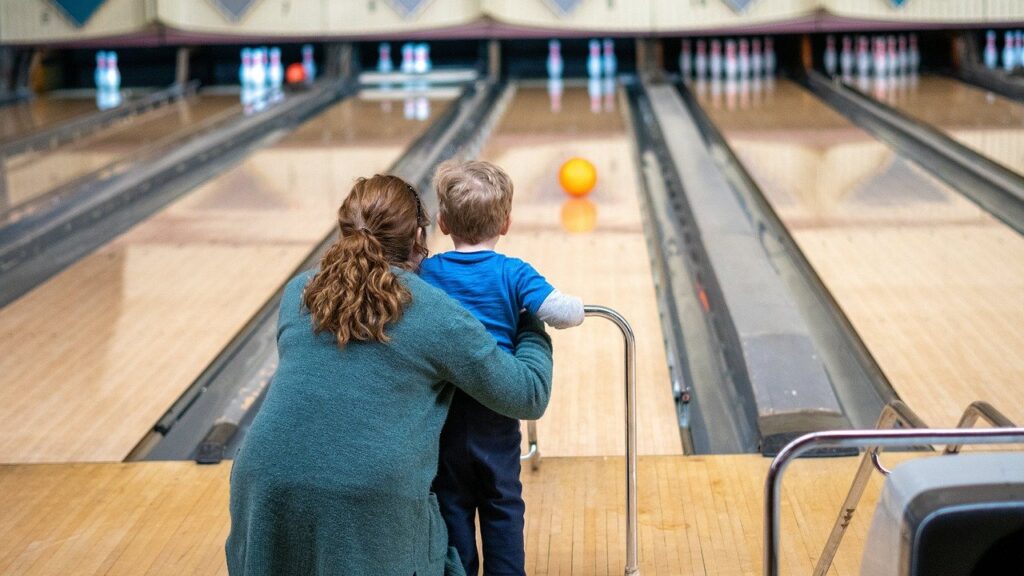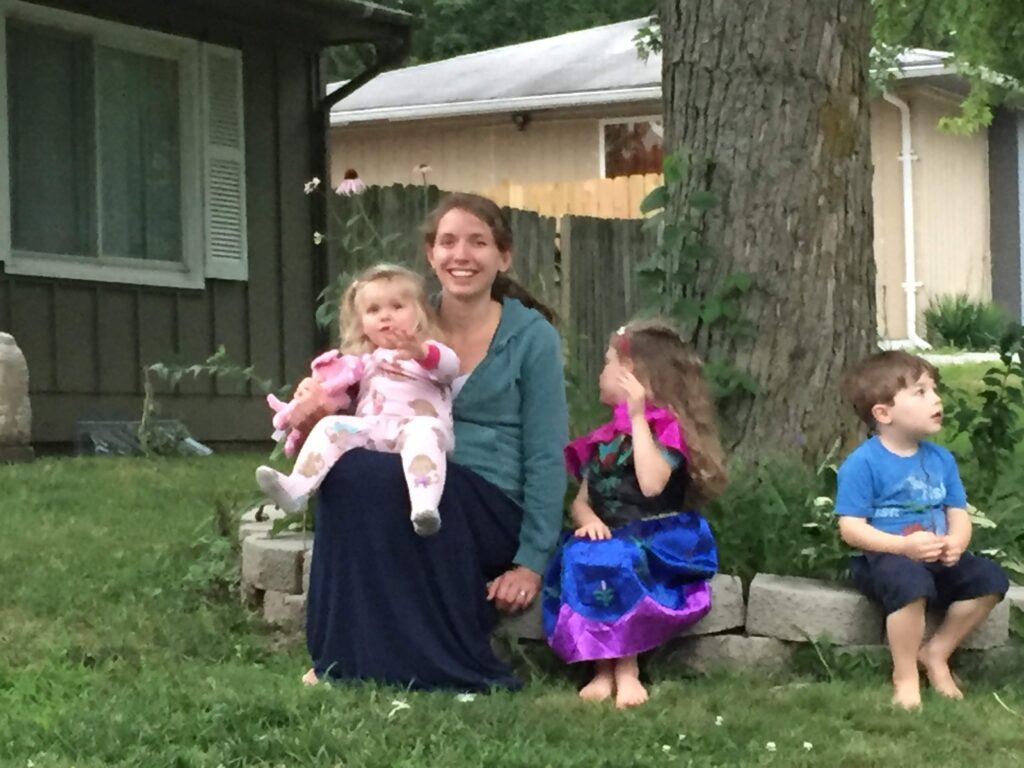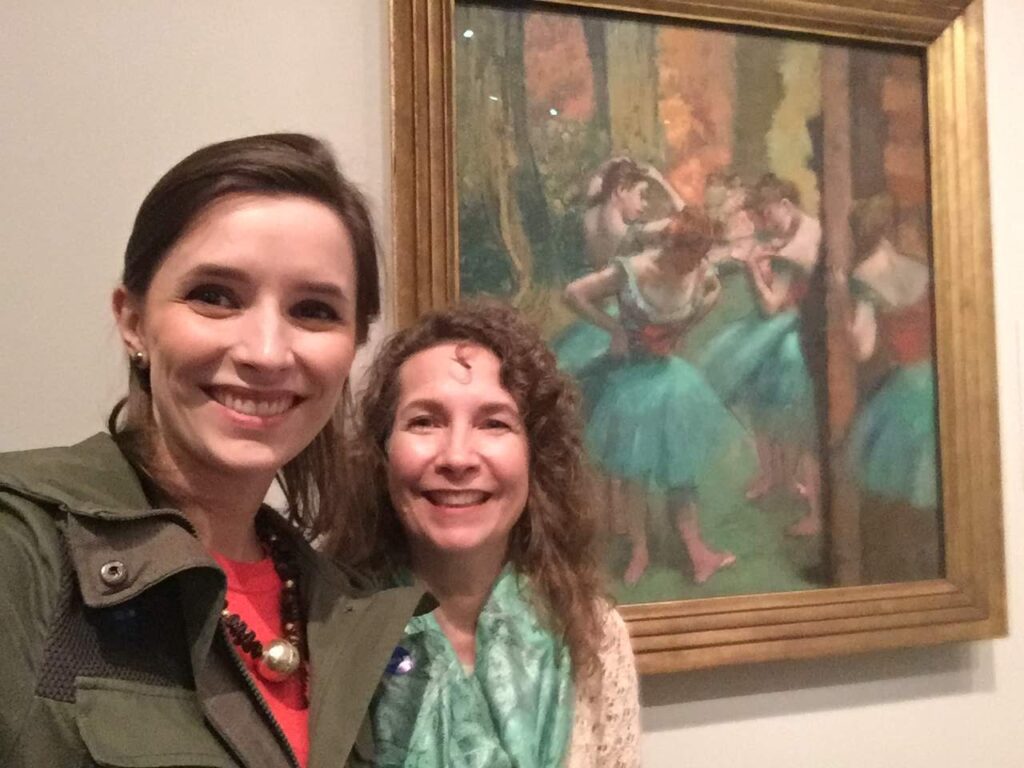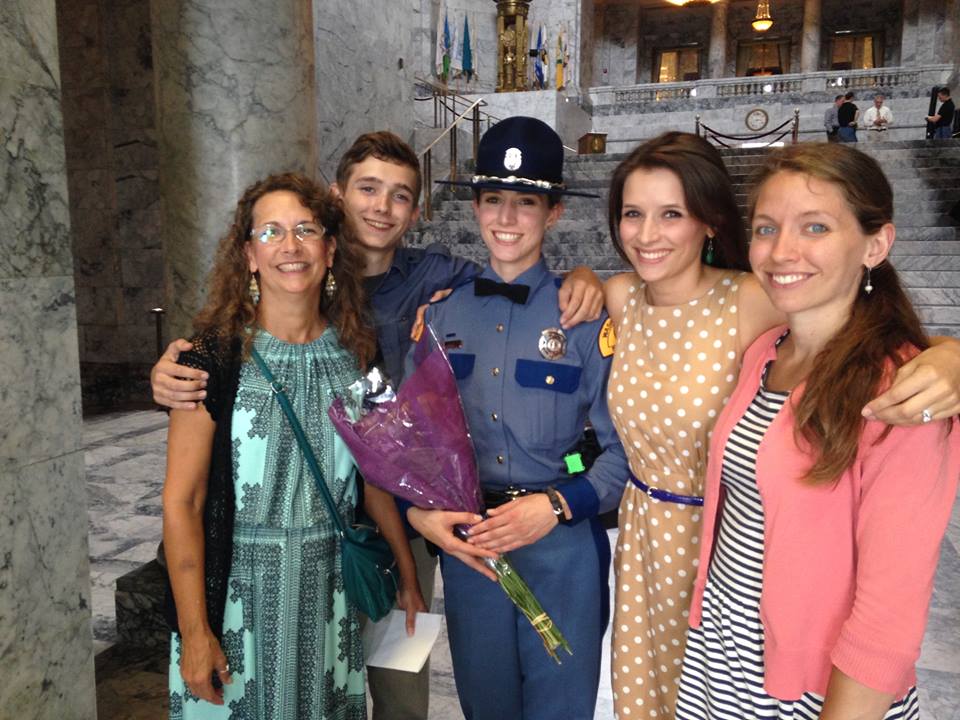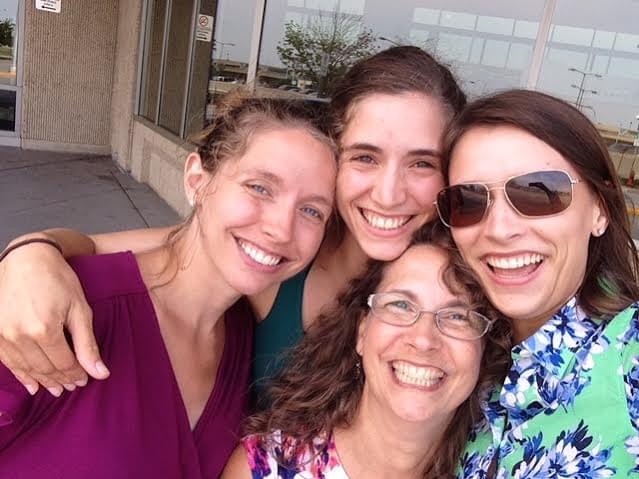5 Rules of Listening for When We Don’t Like What We Hear

What?!
My daughter’s new boyfriend decided to T.P. our house. We chuckled at his display of affection, but my teenage daughter’s amusement turned to groans as I delegated the clean-up to her. I suggested she recruit the culprit for help.
It helps to think of unwanted advice and criticism as verbal toilet papering. Well-meaning people toss these words our way to show they care. Unfortunately, we’re more inclined to dodge their comments as if they were sticks and stones. While pranksters squander yards of toilet paper, words are only wasted when they fall on deaf ears.
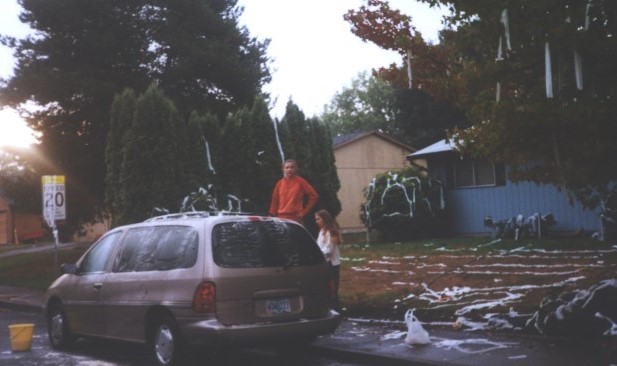
“The ear that hears the rebukes of life will abide among the wise. Whoever ignores instruction despises himself, but he who listens to reproof gains intelligence.” Proverbs 15:31 – 32. Intelligent people consider even unsolicited advice and warnings.
Rule 1. Listen! Instead of deflecting and rejecting unpleasant counsel, let’s hear and understand. Invite the person into the conversation, like I told my daughter to ask her boyfriend to help her clean up. Take time to understand what the other person meant. Sometimes we misinterpret things. What we heard may not be what they said. Even if we find someone’s advice not applicable to our present situation, we may find it helpful in the future. Listening and learning are marks of wisdom.
Rule 2. Listen in Love! “Owe no one anything except to love one another,” Romans 13:8. When someone comes to us with unwanted words (notice I said when not if because it will happen), we owe it to them to treat them in love. “Love is patient, kind, …is not provoked, thinks no evil,…bears all things” (1Corinthians 13:4,5,7), such as hurtful words and annoying advice. How do we want to be received when we share our thoughts with another? Jesus expects us to receive comments from others the way we want our words received.
Rule 3. Listen with Gratitude! “Open rebuke is better than love carefully concealed. Faithful are the wounds of a friend,” Proverbs 27: 5, 6. With friends like that, who needs enemies, right? Wrong! Enemies don’t care. Enemies won’t bother with you. They want to see us fail. The rest of Proverbs 27:6 says, “But the kisses of an enemy are deceitful.” People who tell us we’re fine when we’re not or have an idea how to remedy our problem but don’t tell us are not helpful. Wouldn’t you rather have someone try to help and fail than fail even to try? Be thankful for people who care enough to say something, even if it is the wrong thing.

Rule 4. Listen in Humility! I touched on this in the first rule, but it bears deeper consideration. “Hurt does not equal harm” (source unknown). As we read in Proverb 27, wounds from a friend are faithful, not fatal. I know that when my feelings are hurt, it’s usually because my pride is injured. When my feathers get ruffled, I need to pluck them off.
The adage “Sticks and stones may break my bones, but words can never hurt me,” was taught to children so that they would learn that being hurt by words is a choice. We can choose not to take offense. We can choose to disregard insults. We can choose to overlook a person’s clumsy attempts to be helpful. But these choices require humility.
Truth spoken in love can hurt. Being told we’re wrong hurts, but pain that prompts us to repent promotes healing. “Yes, all of you be submissive to one another, and be clothed with humility, for “God… gives grace to the humble.” 1Peter 5:5
Rule 5. Listen as a Steward! What do we do with these unpleasant words? We own them for God’s glory. Let’s pray through unwanted words and ask God to show us if there’s any truth in them. Digesting unwanted words in prayer is a lot like eating chicken. Thank God for His provision, then chew the meat and spit out the bones. Like poultry feeds our bodies, listening prayerfully to unwanted counsel will nourish our souls. It may be that the person who spoke to us is God’s messenger, after all.

